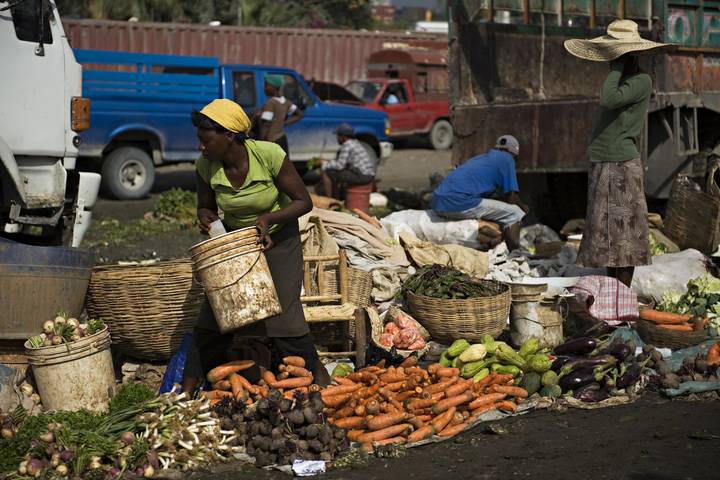Explore Topics
Each resource of the Platform is connected to one of the 6 Topics as defined by the
Milan Urban Food Policy Pact

Under each Topic, you will be able to browse content related with:
Governance and planning
In this section you will find resources dealing with Governance and planning in many aspects: participatory mechanisms, food policy councils, platforms involving civil society, academia and other stakeholders, data repositories of policies.
Sustainable diets and nutrition
Sustainable and nutritious diets provide enormous benefits for human health and the environment. Discover how to implement those recommendations in urban policies through school meal programmes, food services, regulatory instruments, etc. using different leverages such as health promotion, communication programmes, marketing, economic incentives.
Social and economic equity
How to ensure food access for vulnerable populations, preventing food insecurity and malnutrition? How to provide everyone with sufficient and nutritious foods? Worldwide examples of social protection systems such as food banks, social restaurants, and cash-transfer programs are shown here.
Food production and ecosystem management
Food production has an enormous impacts that goes beyond the food itself. This section presents a number of sustainable methods (energy optimization, food waste reduction, sustainable urban agriculture, etc.) to produce food managing ecosystems services, improving biodiversity and resilience to climate change as well as contributing to social inclusion, prevention of disrupted supply chains, and healthier food.
Resources on Urban and Peri-Urban Forestry are also available.
Food supply and distribution
This thematic area explores efficient ways for food supply and distribution that ensure availability of food for everyone. Today, Sustainable Food Systems minimize the negative impact on the environment strengthening the urban-rural linkages, developing sustainable logistics, and promoting energy efficient urban markets. All these actions are also key to face disruptive events such as natural and health crises.
Food waste
Learn lessons on how to minimize food losses in the different stages of the food supply chain: from reducing food loss and waste to food recovery and distribution, improving the collection of waste.
